For Care Experienced Week 2019, Love work group co-chair Joanna McCreadie explains why love matters and why it’s a central focus of the Independent Care Review.


Joanna McCreadie
Love isn’t always a word that comes that easily to us in Scotland.
Mostly it’s associated with romantic relationships, and described in terms of being and falling in love. As a nation, we aren’t great with emotion or the language of feelings.
And in professional contexts – such as education, social work and health – we take pride in objectivity as part of our professional role and identity.
Children and young people who are looked after – whatever the setting – need love in the same way that all children do. This love is an intrinsic part of warm, caring relationships. It’s a commitment to value a child’s special strengths and unique personality.
And it’s expressed in actions – from hugs to celebrating successes.
In the Discovery stage of the Independent Care Review, children, young people and care experienced adults told us that love really mattered. They described experiences of being loved and what this meant to them, and they described how it felt to be unloved and what the long-term consequences were.
They told us that being unloved had affected their mental health with feelings of rejection and failure and personal abhorrence reaching far into adulthood. They told us of struggles with adult life, resulting in failed relationships and inability to maintain employment.
Being and feeling loved is how children learn who they are, their value, and their place in the world. The experience of being in a loving relationship builds capacity in children for loving themselves and loving others.
For children who have experienced significant disadvantage and trauma, experiencing love is even more vitally important. This is why we have a work group on love as part of the Independent Care Review.
The Love work group includes people from a wide range of professional backgrounds, but more importantly, it includes real experts – those with lived experience.
As we have been exploring love, and discussing how it can be supported to flourish, the insight from group members and the voices of children and young people have driven our thinking.
Our most recent work group included a morning working with the Fife Children’s Parliament Seen and Heard group. Together, we built models of love using Lego and spent time learning from their artwork and poetry. Throughout, the importance of love in a child’s life shone brightly.
The barriers to love for children growing up in Scotland’s ‘care system’ are multiple.
Too frequent placement moves; institutional care with unnecessary rules; carers that are afraid to show love and affection; failure to prioritise consistent relationships; and services organised as they have always been done rather than to meet children’s needs.
That’s not to suggest that there aren’t brilliant people, and great services supporting children – in fact we know there are. But we also know that we could be doing far more, and far better.
So this week, as part of Care Experienced week, we need to talk about love for children growing up within our ‘care system’.
We all need to challenge ourselves to enable and support love to flourish, because what’s the alternative?
Childhoods empty and bereft of love?
Children, young people and care experienced adults have told us what we have isn’t good enough.
Let’s accept that love matters and we should all be making sure it’s part of children’s lives.
About the author
Joanna McCreadie is co-chair of the Independent Care Review’s Love work group.
Joanna is the Chief Executive of Seamab, a children’s charity providing care and education, Joanna has responsibility for leadership and management of all aspects of the charity’s work.
Joanna qualified as a social worker and has worked for local authorities, the third sector and inspection agencies. Experienced in a range of different social care and education settings, she has specialised in work with children who have experienced trauma and children who are looked after.
Joanna is a Clore Social Leadership Fellow, and is committed to developing services that meet the needs of children and support them to heal, grow and learn.





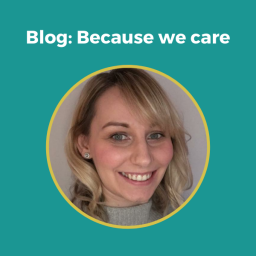
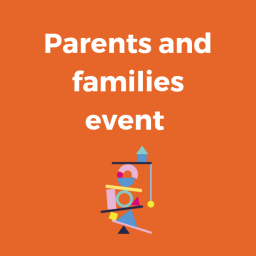

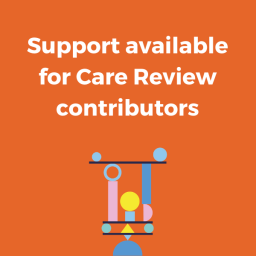
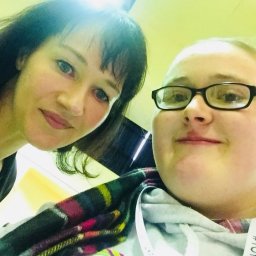



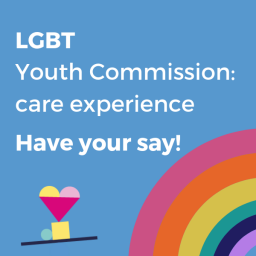

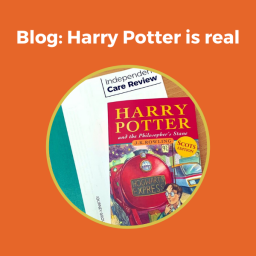

Love this… describes perfectly the work and aims of the review and in particular the Love workgroup. Agree 100% that we need more conversations with communities and people who work within the system about love. Make love and talking about emotions and feelings something Scottish people become experts at and not something to be scared of.